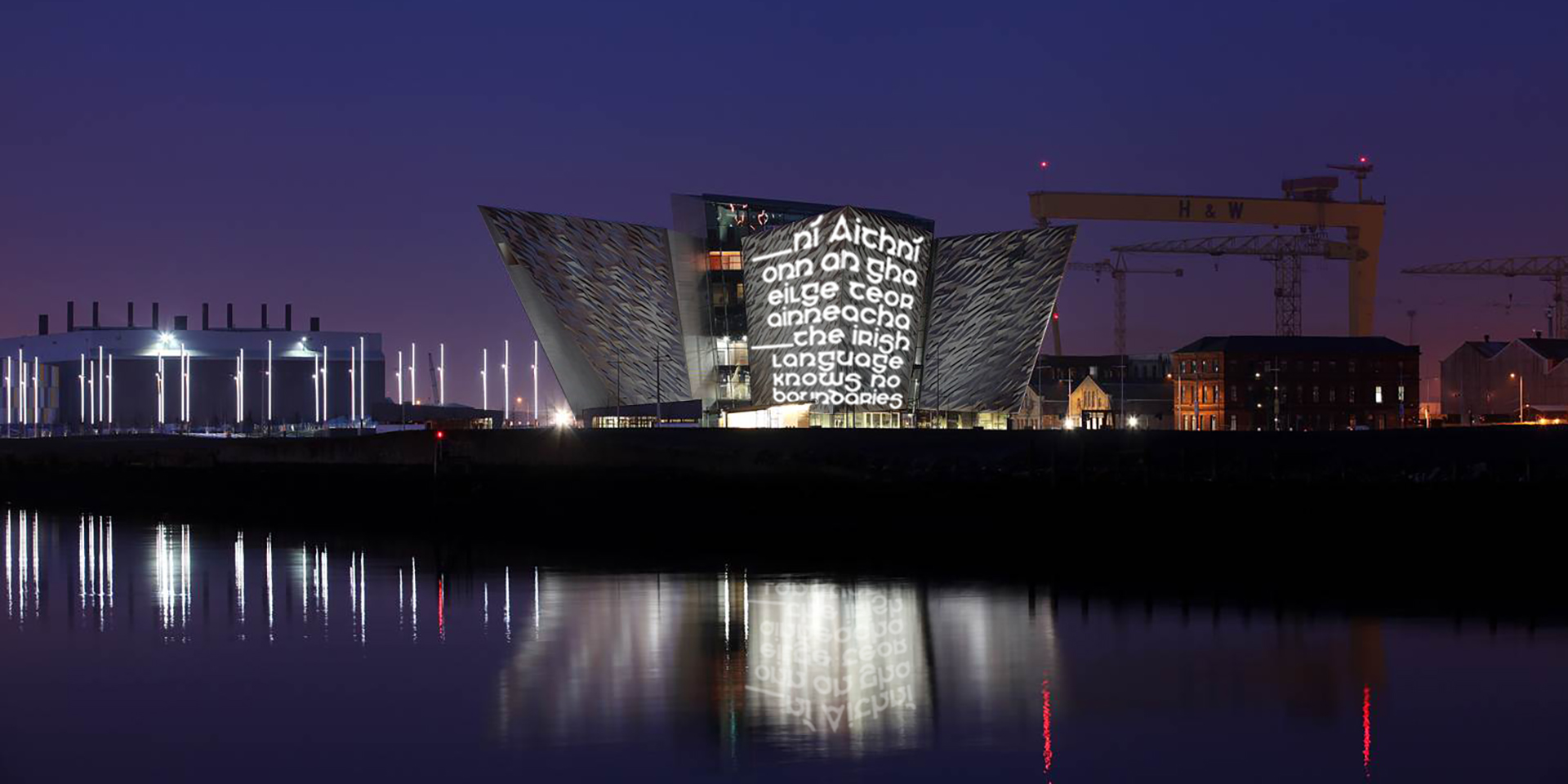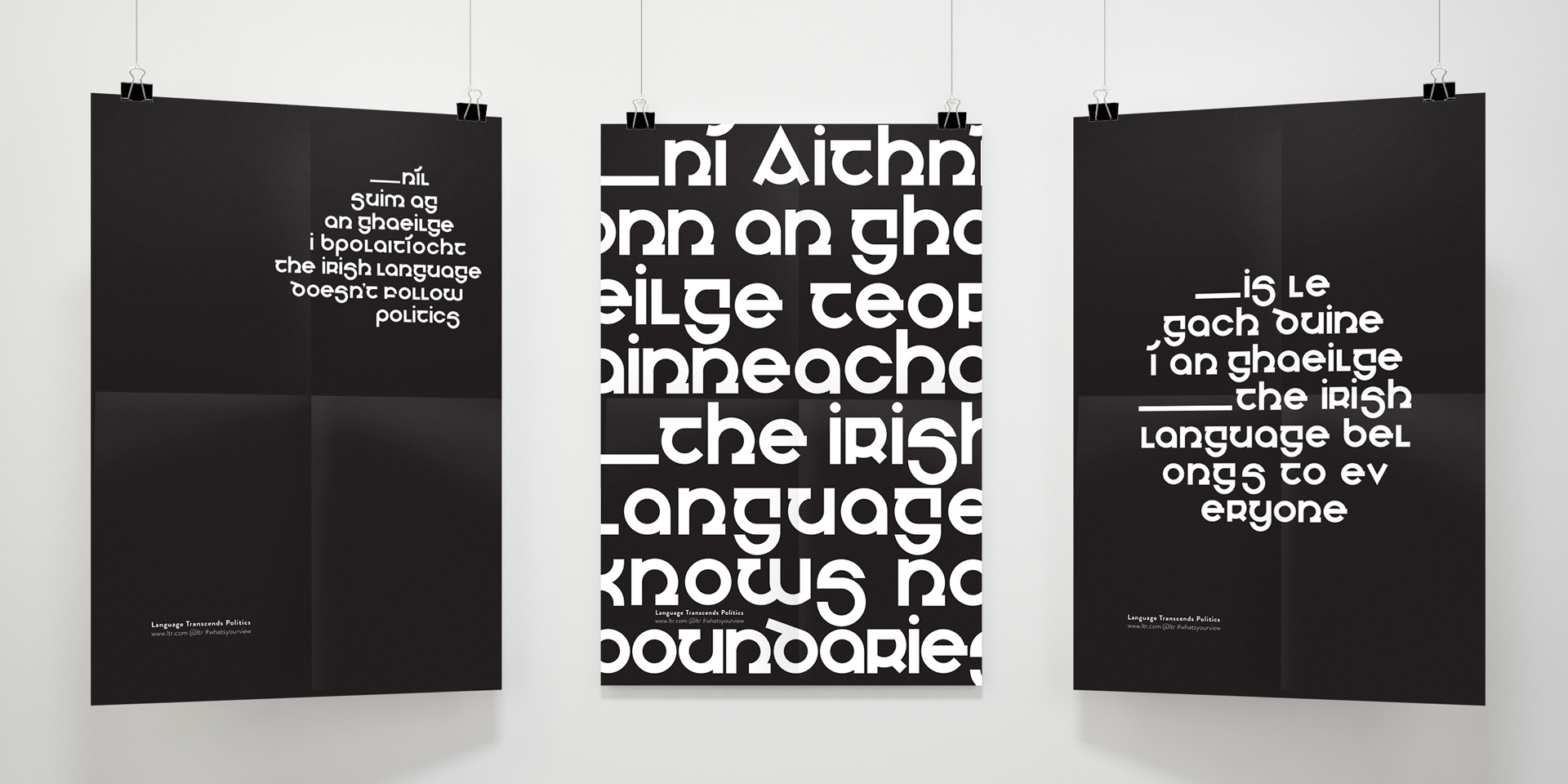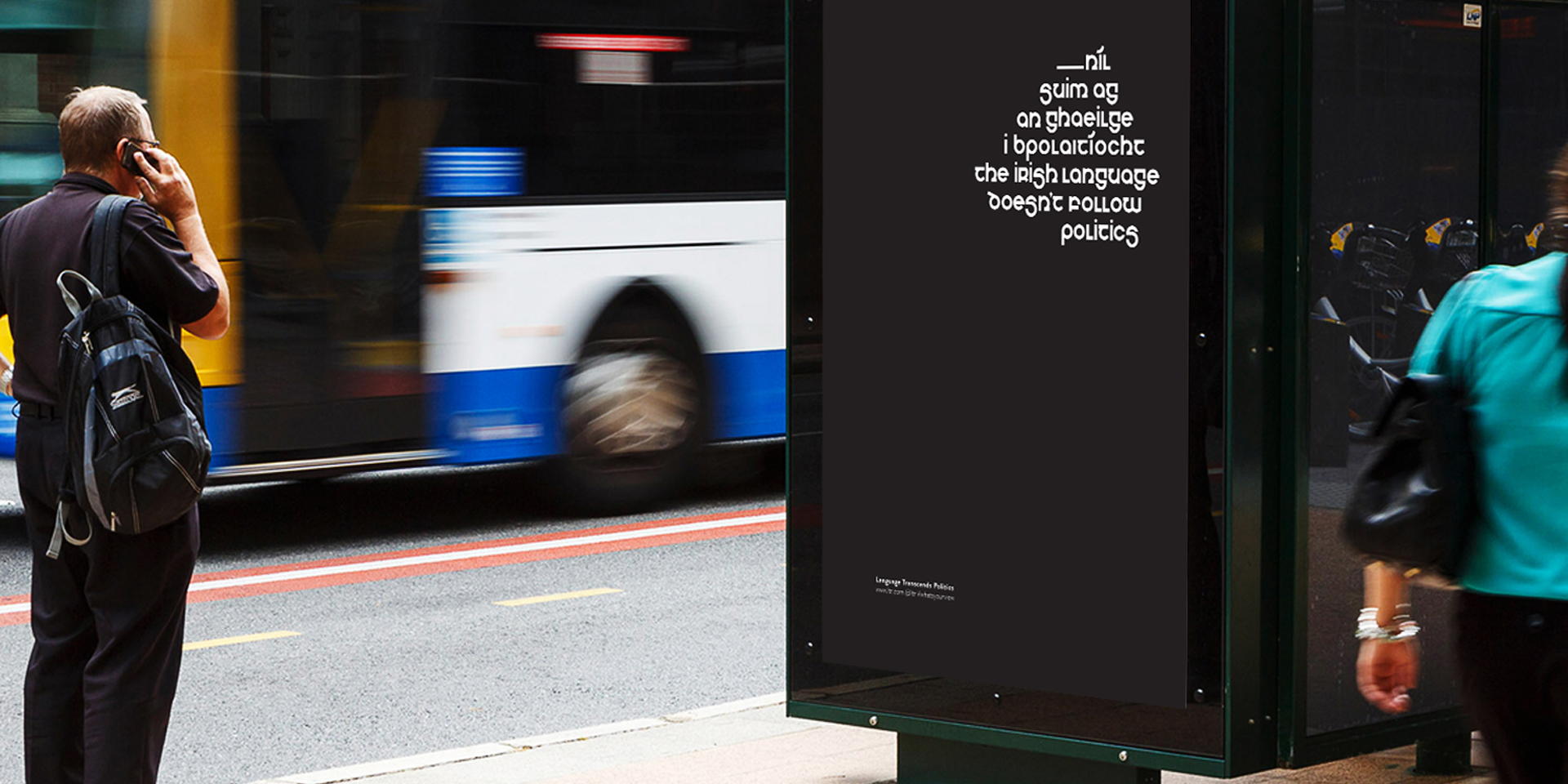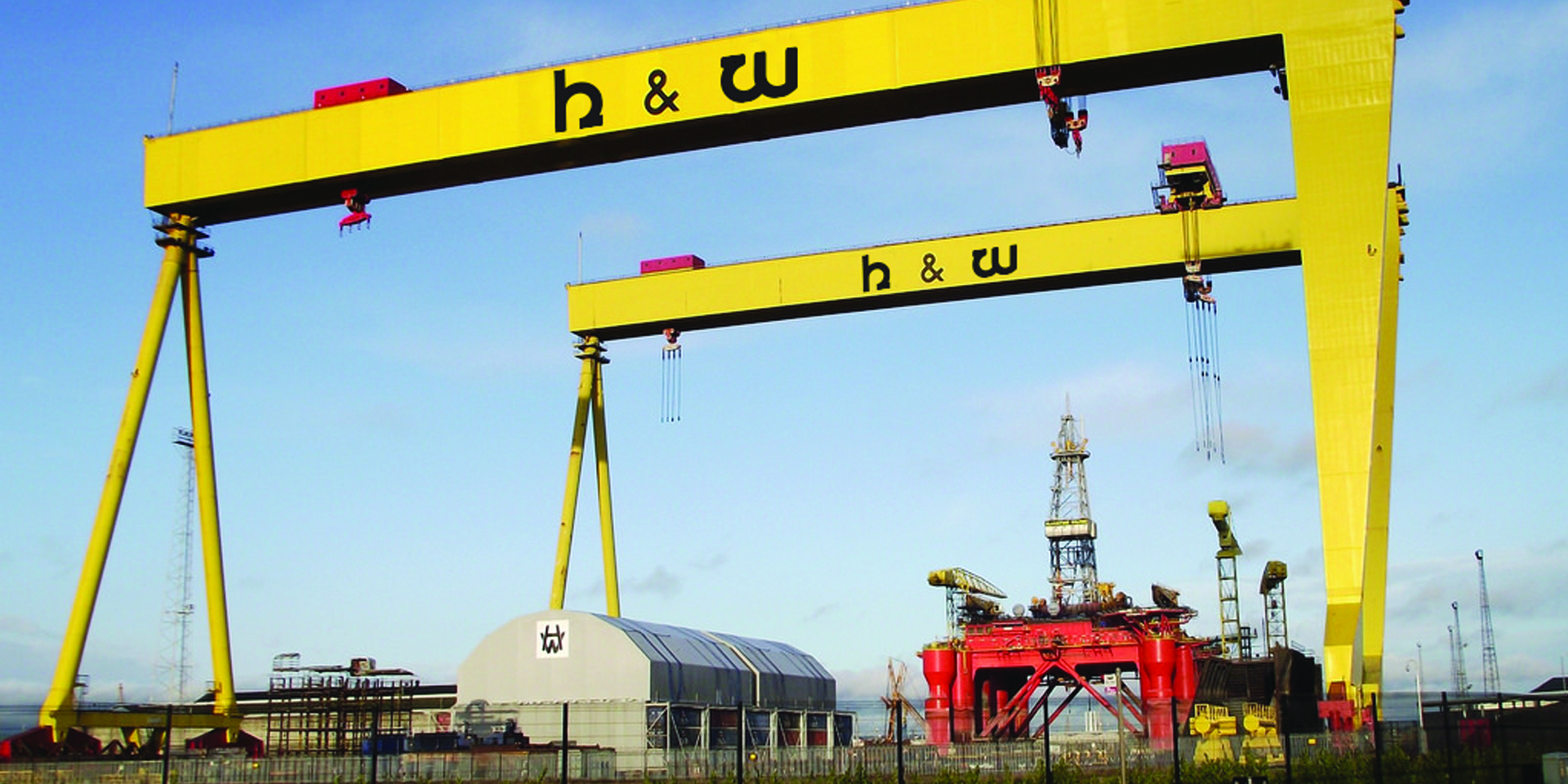HISTORY
The Irish language is often stigmatised by the misconception that all speakers of the
language must be republicans. Contrary to this ancient language’s more recent
misappropriation as inseparable from catholic nationalism and as the lingua franca of
republican armed struggle, it is a shared heritage of all communities in the North of
Ireland. The language’s recent reappearance in traditionally unionist areas reflects the
historical importance of Irish as having associations with protestantism since the 17th
Century. In the 1830s the Presbyterian General Assembly termed the language ‘Our sweet
and memorable mother tongue’ and during the 1840s they made it a requirement for all of
their trainee ministers to have a knowledge of the language.
The fate of the language was influenced by the increasing power of the English state in
Ireland. Elizabethan officials viewed the use of Irish unfavourably, as being a threat to all
things English in Ireland. Its decline began under English rule in the 17th century. By the
end of British rule in the Republic of Ireland, the language was spoken by less than 15% of
the national population. The partition of Ireland happened in 1921 and separated the
Republic of Ireland from a newly created 6 county state in the North who are still under
British rule and between then and 1972, Northern Ireland had devolved government.
During those years the political party holding power in the Stormont Parliament, the
Ulster Unionist Party (UUP), was hostile to the language. A thirty year violent conflict (The
Troubles) began in 1968 and continued until 1998 over the constitutional status of
Northern Ireland and the context of the UUP’s hostility towards the Irish Language was
the use of the language by nationalists. The language received a degree of formal recognition in Northern Ireland from the United Kingdom, under the
1998 Good Friday Agreement. While the British government promised to create legislation
encouraging the language as part of the 2006 St Andrews Agreement, it has yet to do so.
The Irish language has historically traversed religious and political divisions and should do
so again. The language needs a new lease of life and the status and protection it deserves,
but above all a sense of ownership between the two communities. Language should never
be divisive but rather should be a tool for understanding the myriad of differences that
threaten to separate us.








